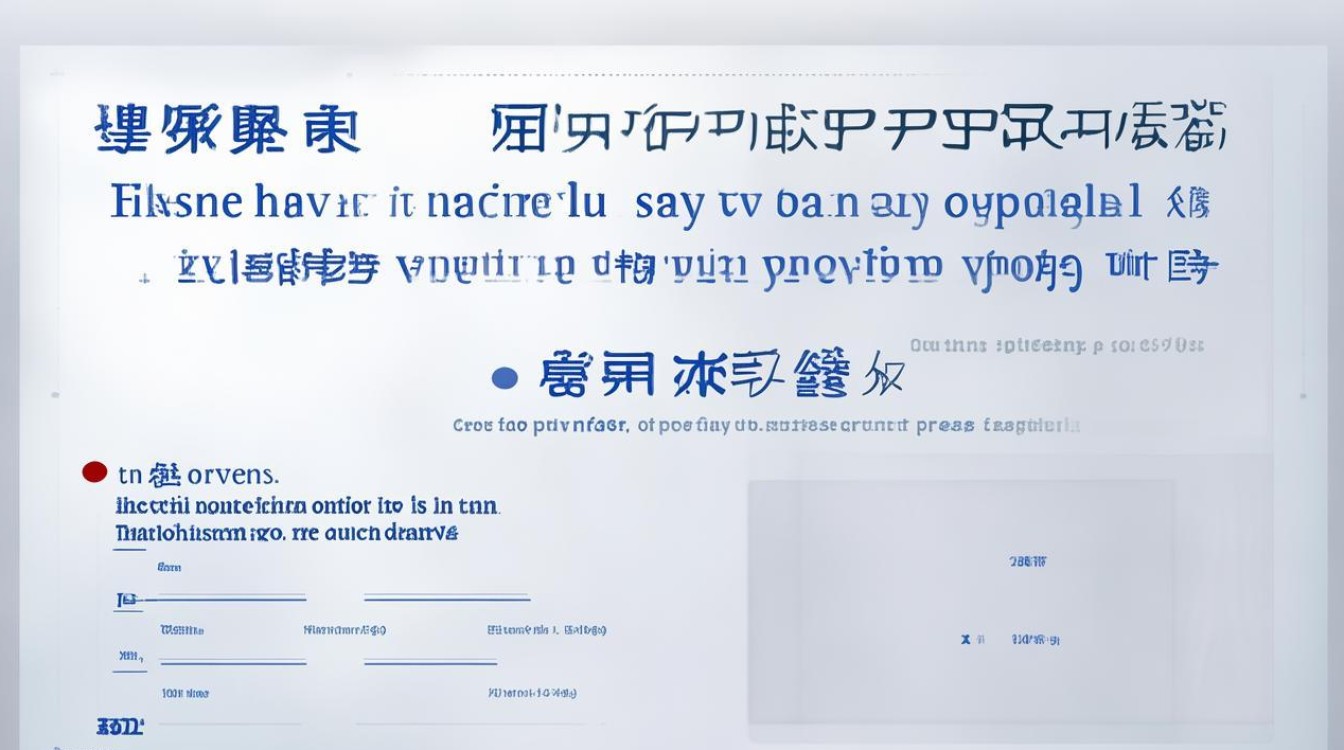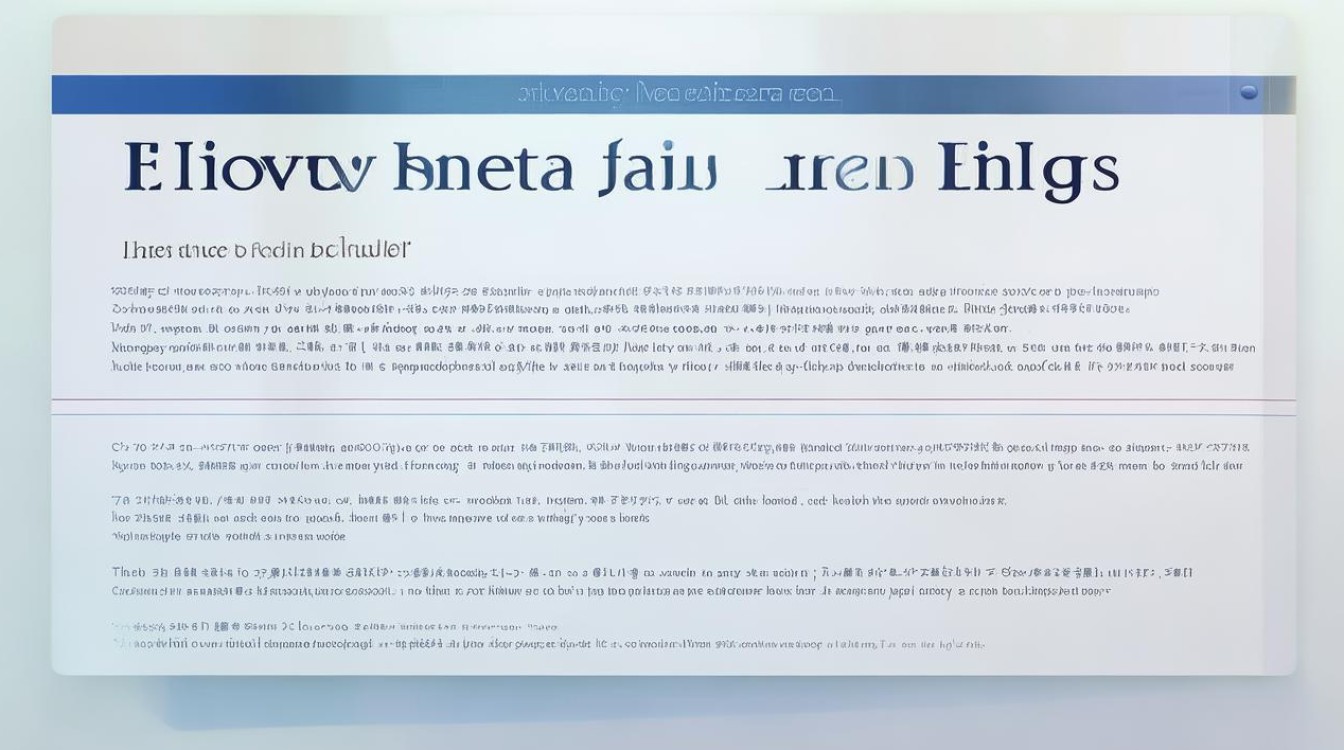When learning a new language, understanding how to describe physical appearance is essential. If you're wondering how to say "瘦" in English, the most common translation is "thin." However, English offers a variety of words to describe different degrees and nuances of slimness. This guide explores these terms, their proper usage, and cultural context to help you communicate accurately.

Basic Translation: "Thin"
The word "thin" is the standard, neutral term for describing someone with little body fat or a slender frame. It can be used for people, animals, or objects. For example:
- She has always been naturally thin.
- The model is very thin.
While "thin" is generally neutral, it can sometimes carry a negative connotation if overused, implying fragility or lack of health.
Other Words for "瘦" in English
Depending on the context, you might choose a different word to convey a specific meaning:
-
Slim – A positive, elegant way to describe someone with a lean figure.

- He has a slim build from regular exercise.
-
Lean – Often used for athletic or muscular slimness.
- The runner has a lean physique.
-
Slender – Graceful and slightly tall in appearance.
- The dancer has a slender frame.
-
Skinny – Informal and sometimes negative, suggesting extreme thinness.
- He looks skinny after his illness.
-
Underweight – Medical or clinical term indicating low body mass.

- The doctor said she is underweight for her height.
-
Svelte – A sophisticated term, often used in fashion.
- The actress has a svelte figure.
-
Lanky – Tall and thin, sometimes awkwardly so.
- Teenagers often go through a lanky phase.
Cultural Perceptions of Thinness
Different cultures view thinness differently. In Western media, terms like "slim" and "lean" are often praised, while "skinny" can imply criticism. In contrast, some Asian cultures may associate thinness with discipline and beauty, whereas in other societies, a fuller figure might be preferred.
Common Mistakes to Avoid
- Using "thin" negatively when describing someone’s appearance.
- Confusing "slim" (positive) with "skinny" (sometimes negative).
- Overusing "underweight" unless discussing health or medical conditions.
How to Use These Words Naturally
To sound fluent, observe how native speakers use these terms:

- Casual conversation: "She’s always been slim, but now she looks too thin."
- Formal writing: "The study focused on underweight individuals."
- Compliments: "You look so svelte in that dress!"
Expanding Vocabulary with Phrases
Instead of just saying "thin," you can use descriptive phrases:
- "She has a willowy figure." (Tall and gracefully thin)
- "He’s as thin as a rail." (Extremely thin, informal)
Final Thoughts
Choosing the right word for "瘦" depends on context, tone, and audience. Whether you opt for "slim," "lean," or "thin," understanding these subtle differences will make your English sound more natural. If you're learning English, practice using these words in sentences to master their nuances.
Now that you know how to say "瘦" in English, you can describe body types more precisely and confidently. Keep exploring vocabulary to enhance your language skills further.

